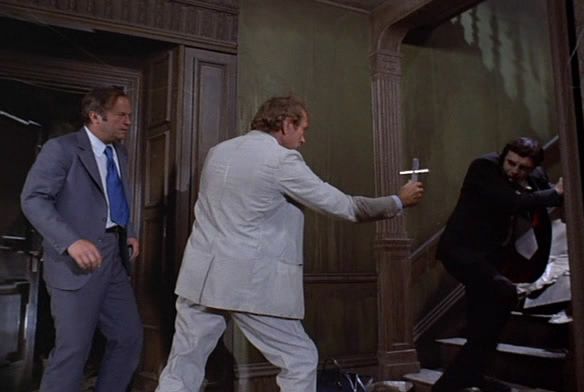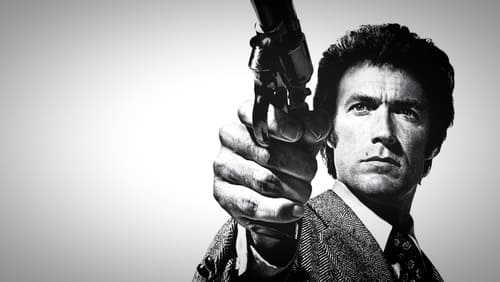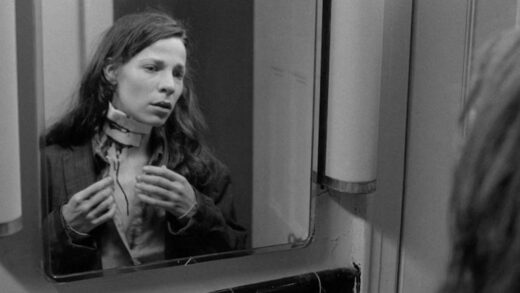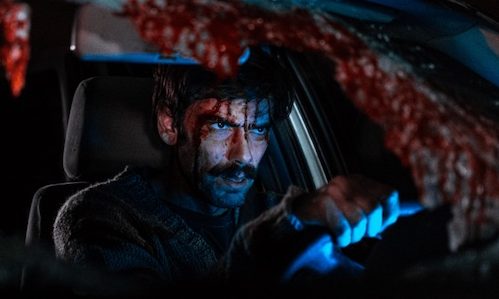The Night Stalker (1972)
![]()
The Night Stalker (1972) Directed by John Llewellyn Moxey
A very cynical film about the sensationalistic chronicle of Carl Kolchak (Darren McGavin), a busybody and impassioned reporter notorious for his unorthodox journalistic methods, who investigates a series of murders of attractive young women in Las Vegas – all of them killed in the same fashion, viciously bitten to death on their necks. The competent authorities to solve this case are too incredulous to suspect that the killer terrorizing Las Vegas is a blood-sucking freak straight out of a Bram Stoker novel; but Kolchak with his trademark ambitious impetus sees a great opportunity in exploiting vampire mythology to sensationalize his report. The hypothesis is that there is a vampire on the loose in Sin City; but the authorities simply refuse to buy into Kolchak’s thrilling conjectures – who whenever he gets the chance, he ruffles the authorities’ feathers for sheer irreverent enjoyment.
John Llewellyn Moxey directs this little made-for-TV horror gem -his practical experience in both TV and film qualifies him as the ideal filmmaker to pull off this project- and his greatest accomplishment is in rendering amusing but ordinary material into something elaborately cynical. When Kolchak is finally convinced that the perpetrator is indeed a vampire, his excitement turns euphoric because he knows that this is arguably the best case he’s had in his adventurous career; his motivations are his ambitions as a reporter, and maintaining his reputation as an iconoclast is more important than actually putting an end to these gruesome murders. On the other hand, the police and the district attorney are also handling the case in their own comfort zone, only concerned with telling the citizens that the authorities are keeping them well protected and that there is nothing to fear. For that very reason, they see Kolchak and his tabloid prose as a danger and seek to censor him whenever they can.
McGavin is ridiculously cool as Kolchak, and Barry Atwater as the infamous bloodsucker Janos Skorzeny is cold and ferociously diabolical enough to be considered a bonafide vampire in the canon. But if the performances never falter, much less the stupendous direction by John Llewellyn Moxey, who makes the short television length and limited format very rhythmic spaces with which he can intelligently manipulate the audience without ever losing control of his own game. Inevitably the film makes the mistake of overexposing the vampire, taking away the ghostly mystique that the character had when we only could see his silhouette at the beginning. And equally unavoidable being a television movie, the lack of blood on screen in a vampire movie reminded me of how essential graphic violence sometimes is in this type of movie. Be that as it may, I adored the film’s cynical commentary on the bureaucratic system of institutions, and how they utilize the doctrine of obscurantism to trick us into believing that there are no problems in our society, that everything is perfect. This is rock solid made-for-television filmmaking.






